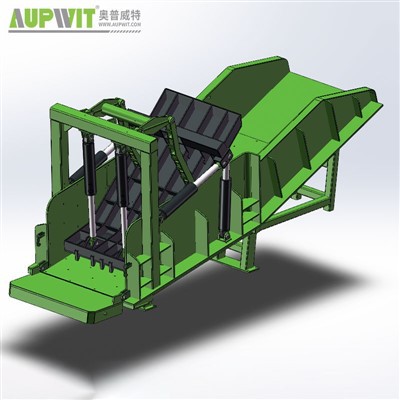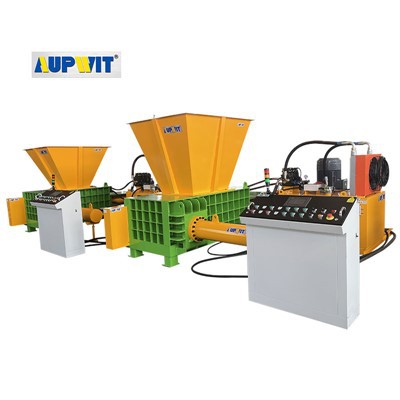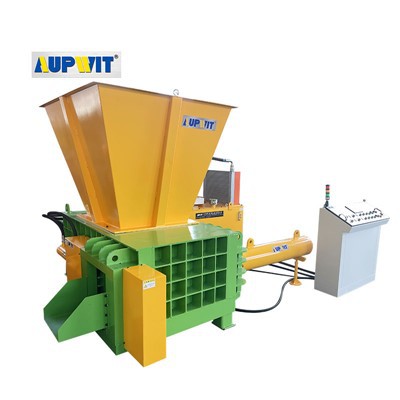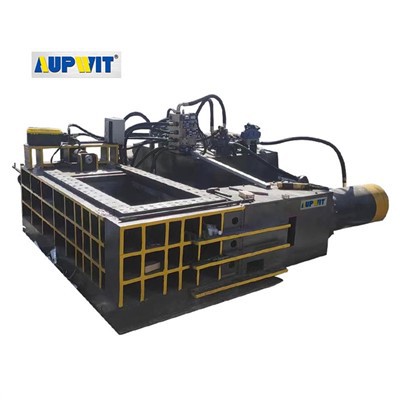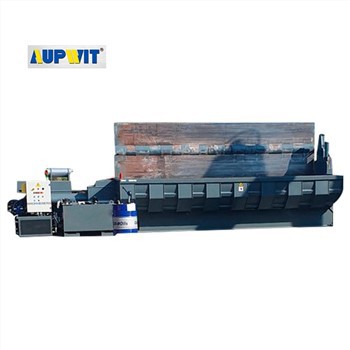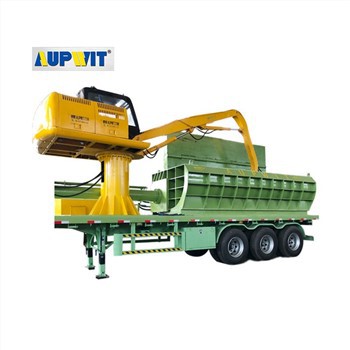Environmental Benefits of Tire Baler
Transforming waste tires into valuable resources while protecting our environment
1. Reduce Pollution from Waste Tire Accumulation
- Prevents mosquito breeding and water accumulation that spreads diseases like dengue fever
- Eliminates fire risks from spontaneous combustion of tires in sunlight
- Compression ratio up to 1:5 dramatically reduces storage volume
- Minimizes land usage and prevents "black pollution" from scattered tires
Did you know? A single compressed tire block takes up 80% less space than loose tires, significantly reducing storage environmental risks.
2. Promote Tire Resource Recycling
- Compressed blocks enable efficient transportation to recycling facilities
- Steel wires can be recovered and smelted, reducing ore mining demand
- Creates closed-loop industrial chain: tire → recycled rubber → secondary products
- Improves overall recycling efficiency of waste materials
3. Reduce Treatment Energy Consumption & Pollution
- Physical compression avoids toxic emissions from incineration (SO₂, heavy metals)
- Modern energy-saving hydraulic systems reduce power consumption by 15-30%
- Compact blocks require fewer transport trips, lowering carbon emissions
- No high temperatures or chemicals required in processing
4. Support Environmental Policy Compliance
- Meets "3R" principles: Reduce, Reuse, Recycle
- Aligns with Solid Waste Pollution Prevention laws
- Provides documented, standardized treatment process
- Helps avoid penalties from improper disposal methods
Tire Baler technology represents a sustainable solution that transforms environmental challenges into ecological and economic benefits


